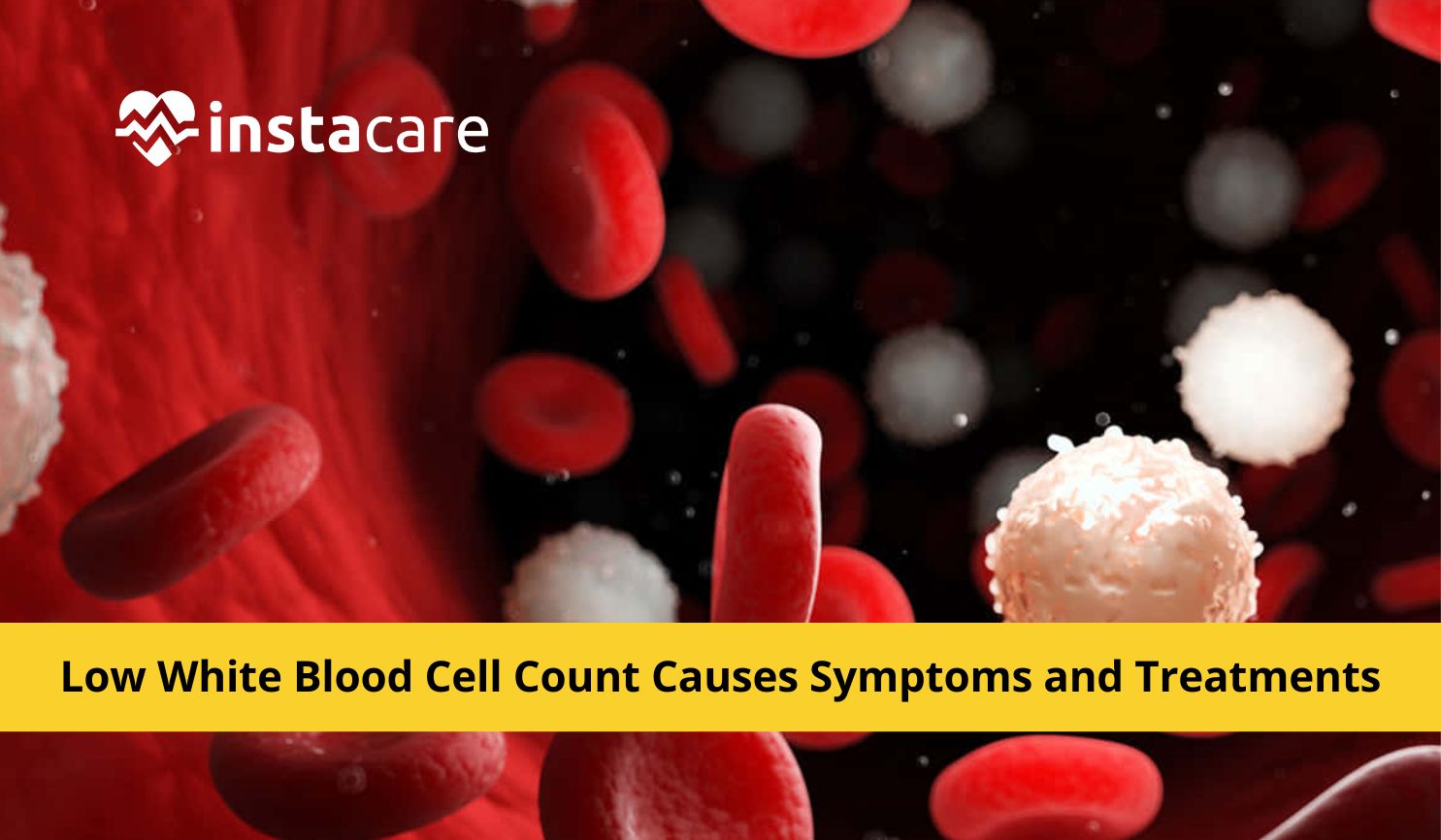Can Psoriasis Cause High White Blood Cell Count
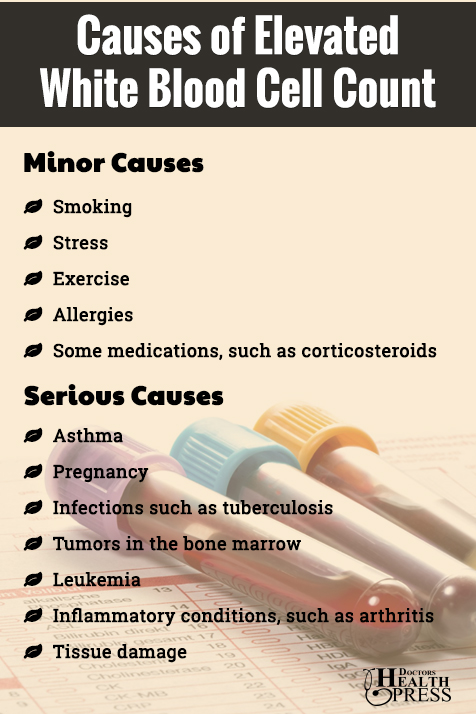
For millions living with psoriasis, the persistent, itchy, and often painful skin condition is a constant companion. But beyond the visible symptoms, a deeper question looms: could psoriasis be silently affecting their internal health, specifically their white blood cell count?
Elevated white blood cell counts, or leukocytosis, are typically indicative of infection, inflammation, or certain underlying medical conditions. Understanding the potential link between psoriasis and this hematological marker is crucial for both patients and healthcare providers to ensure accurate diagnosis and appropriate management strategies.
This article delves into the complex interplay between psoriasis and white blood cell count, examining the scientific evidence, expert opinions, and potential implications for those living with this chronic skin disease. We will explore the mechanisms that might connect these two seemingly disparate aspects of health, offering a comprehensive overview of the current understanding and future research directions.
Understanding Psoriasis: An Inflammatory Overview
Psoriasis is a chronic autoimmune disease characterized by rapid skin cell turnover, resulting in thick, scaly plaques on the skin. This accelerated cell growth is driven by an overactive immune system, where T cells mistakenly attack healthy skin cells.
The resulting inflammation is a hallmark of psoriasis. This inflammation is not confined to the skin; it's a systemic process that can affect other organs and systems in the body.
Chronic inflammation is increasingly recognized as a key player in the pathogenesis of numerous diseases, and its potential impact on white blood cell count warrants careful investigation in the context of psoriasis.
White Blood Cells and Leukocytosis: A Primer
White blood cells (WBCs), also known as leukocytes, are essential components of the immune system. They defend the body against infection, injury, and foreign invaders.
There are several types of WBCs, each with specific functions: neutrophils, lymphocytes, monocytes, eosinophils, and basophils. A normal WBC count typically ranges from 4,500 to 11,000 cells per microliter of blood.
Leukocytosis, an elevated WBC count, often indicates that the body is fighting an infection or responding to inflammation. However, it can also be caused by other factors, such as certain medications, stress, or underlying medical conditions like autoimmune disorders and even some cancers.
The Link Between Psoriasis and Elevated White Blood Cell Count: Exploring the Evidence
Several studies have investigated the relationship between psoriasis and elevated white blood cell counts. While a direct causal link isn't always definitively established, accumulating evidence suggests a potential association.
One proposed mechanism is the systemic inflammation characteristic of psoriasis. The chronic inflammatory state can stimulate the bone marrow to produce more WBCs, leading to leukocytosis. This is particularly true during severe psoriasis flares.
Furthermore, certain medications used to treat psoriasis, such as corticosteroids, can also contribute to an elevated WBC count. Dr. Anya Sharma, a dermatologist at the University of California, San Francisco, explains, "We often see a transient increase in WBC count when patients are on high doses of systemic corticosteroids to manage severe psoriasis flares."
Specific White Blood Cell Types: Neutrophils and Lymphocytes
Research indicates that specific types of WBCs may be more affected in psoriasis. Neutrophils, which are the most abundant type of WBC and play a crucial role in fighting bacterial infections, are often found to be elevated in patients with psoriasis.
Some studies have also reported changes in lymphocyte populations, particularly T cells, which are central to the immune dysregulation in psoriasis. Dr. David Miller, an immunologist at the National Institutes of Health, notes, "The activation and proliferation of T cells in psoriasis can indirectly influence overall WBC counts, although this is a complex and not always consistent finding."
However, it's crucial to differentiate between a generalized increase in WBCs and specific changes in the proportions of different WBC types, as these can indicate different underlying processes.
Interpreting White Blood Cell Counts in Psoriasis Patients: A Clinical Perspective
When a psoriasis patient presents with an elevated white blood cell count, clinicians must carefully consider several factors. These factors include the severity of psoriasis, the presence of any infections, current medications, and other underlying medical conditions.
It is essential to rule out other potential causes of leukocytosis before attributing it solely to psoriasis. A thorough medical history, physical examination, and additional laboratory tests are often necessary.
Furthermore, monitoring WBC counts periodically in psoriasis patients, especially those on systemic therapies, can help detect any significant changes and guide treatment decisions.
Controversies and Conflicting Findings
The relationship between psoriasis and white blood cell count isn't entirely straightforward. Some studies have reported no significant association, while others have found a correlation only in specific subgroups of patients.
Differences in study design, patient populations, and methods of WBC count measurement can contribute to these conflicting findings. More research is needed to clarify the precise nature and extent of the association.
Moreover, the clinical significance of a mildly elevated WBC count in a psoriasis patient remains a topic of debate. While a significantly elevated count warrants investigation, a slightly elevated count may not always require intervention, especially if the patient is otherwise stable.
Future Directions and Research Needs
Further research is needed to fully elucidate the complex interplay between psoriasis and white blood cell count. Large-scale, longitudinal studies that track WBC counts over time in psoriasis patients are essential.
Investigating the specific mechanisms by which psoriasis influences WBC production and function is also crucial. This could involve studying the effects of inflammatory cytokines and other immune mediators on bone marrow activity.
Ultimately, a better understanding of the relationship between psoriasis and WBC count could lead to more targeted and effective treatment strategies. This may include therapies that specifically address the underlying inflammation driving both psoriasis and leukocytosis.
Conclusion: A Holistic Approach to Psoriasis Management
While the link between psoriasis and elevated white blood cell count is not fully understood, the evidence suggests a potential association, particularly in the context of severe psoriasis and systemic inflammation. Clinicians should be aware of this possibility and consider it when evaluating psoriasis patients with abnormal WBC counts.
A holistic approach to psoriasis management, which considers both the skin symptoms and the potential systemic effects of the disease, is essential. This includes careful monitoring of WBC counts, prompt treatment of infections, and appropriate management of underlying inflammation.
By continuing to investigate the complex interplay between psoriasis and white blood cell count, we can improve the care and outcomes for millions of individuals living with this chronic skin condition.
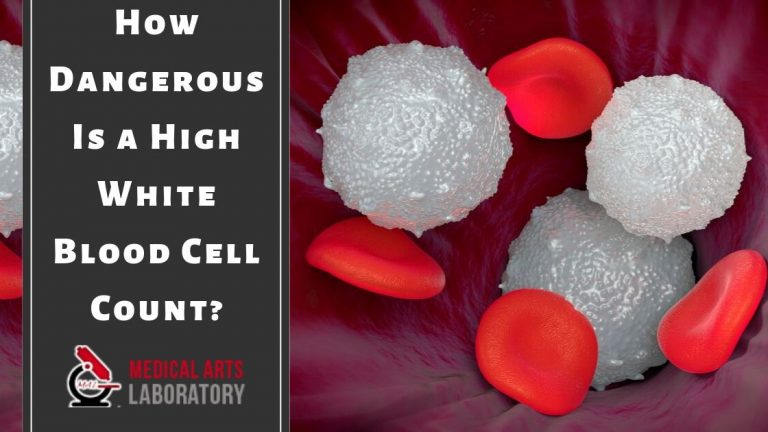






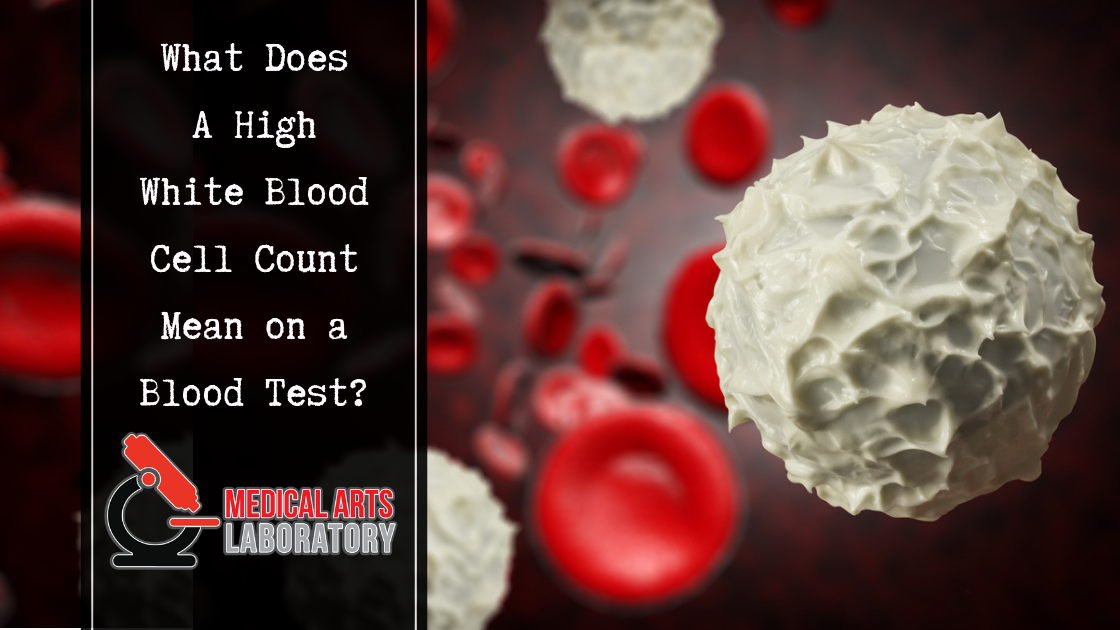



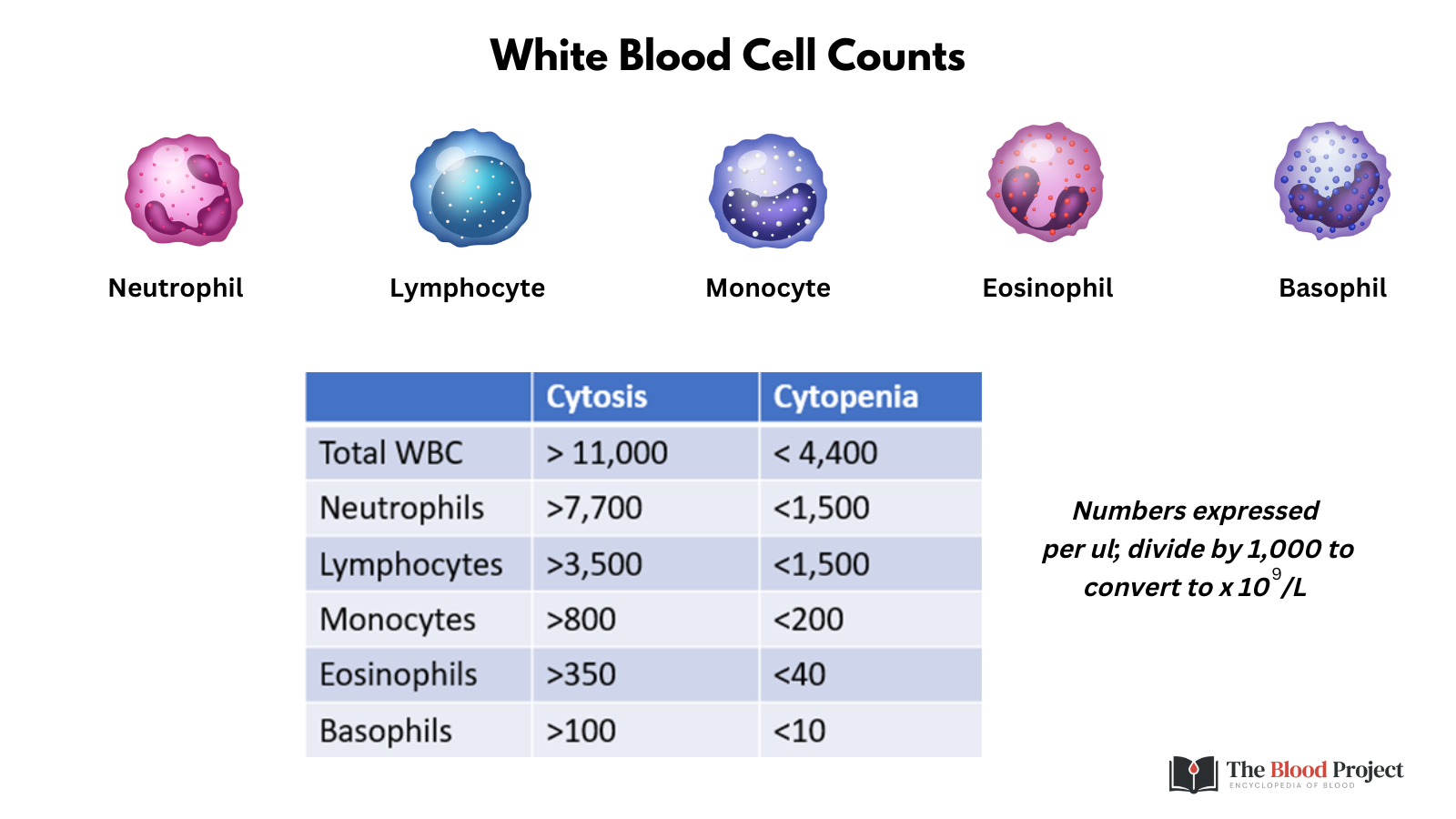


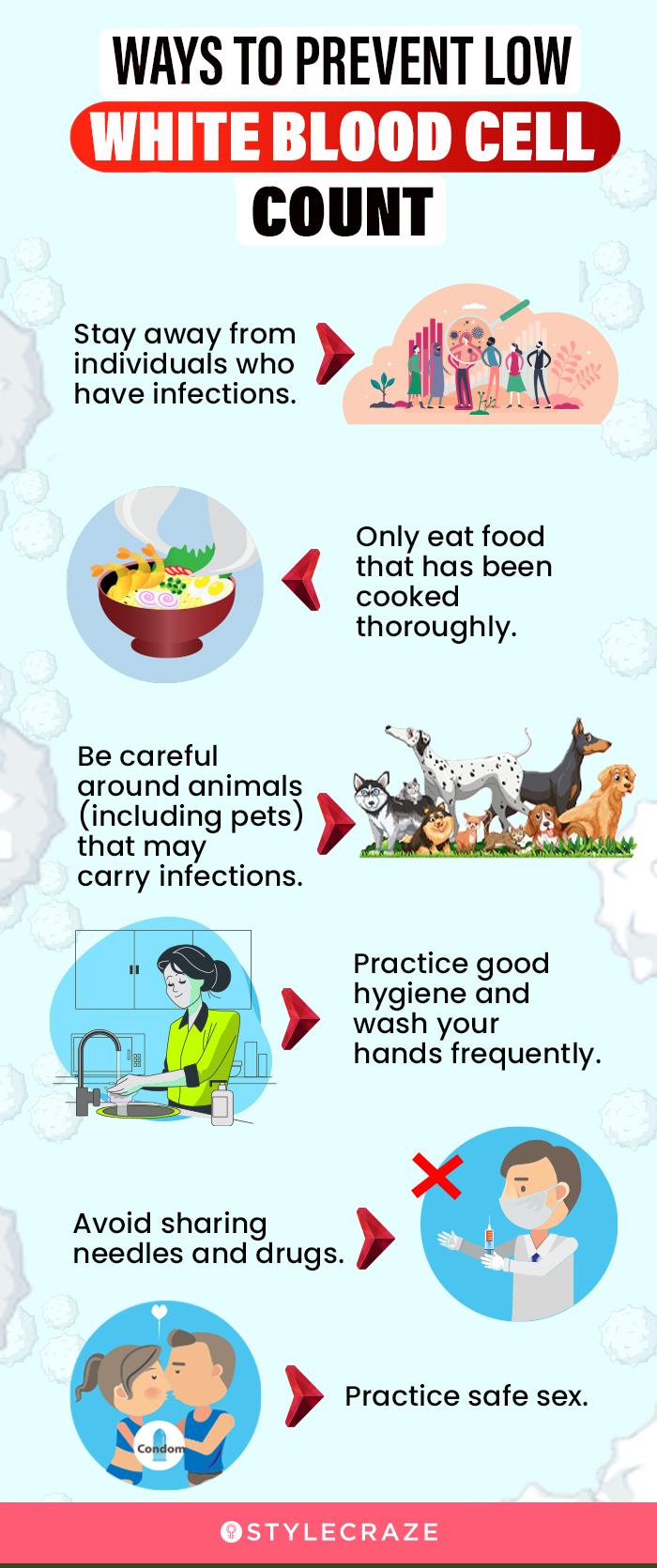
.jpg)
